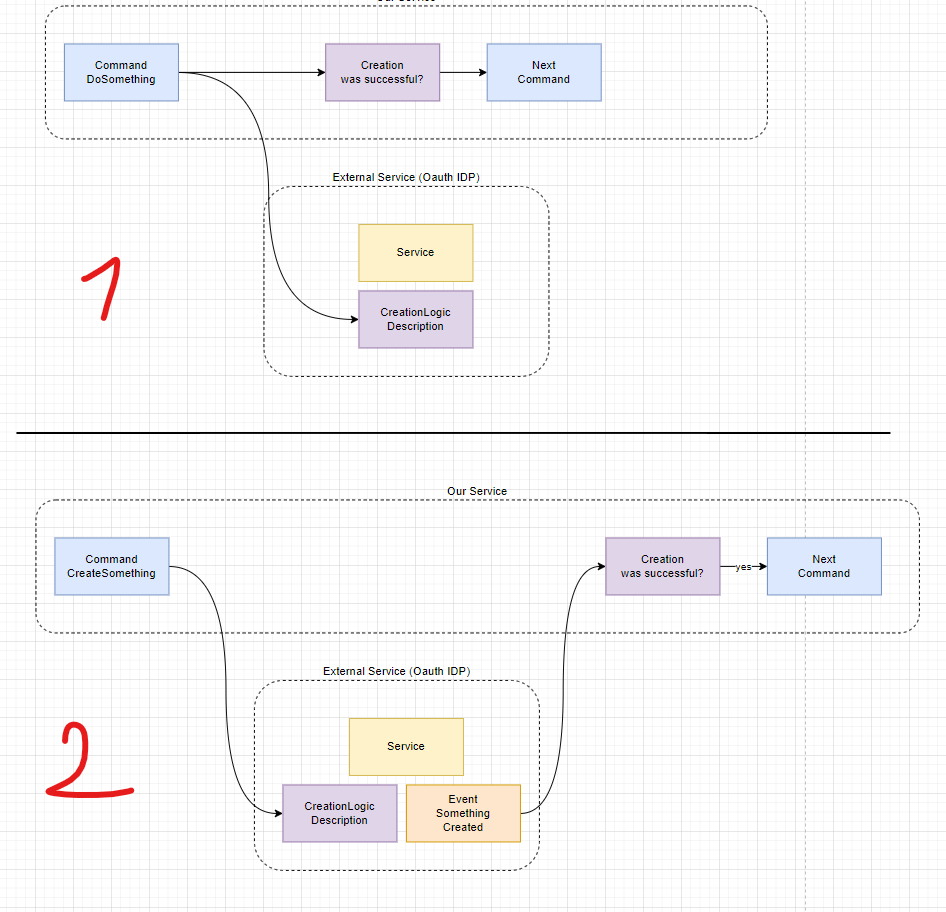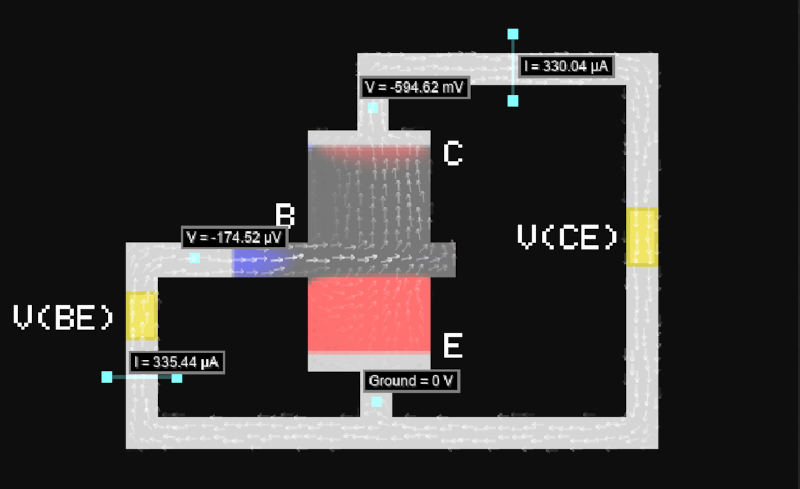How to Create a Lua Wrapper for C++ Functions
Introduction Integrating C++ functions with Lua can be a powerful way to enhance scripting capabilities in your applications. In this article, we will explore how to create a robust wrapper that allows Lua scripts to call various C++ functions seamlessly. This approach is particularly useful when re-using existing code without the need for an entirely new interface. Why Integrate Lua with C++? Using Lua as a scripting language provides flexibility and ease of use. The Lua C API allows you to register C/C++ functions that can be called directly from Lua scripts. This means that instead of creating new implementations of these functions for Lua, you can use your existing C++ functions, significantly reducing development time. Creating a Generic Wrapper for C++ Functions To handle function calling generically, we will create a template function, LuaWrapper::GenericFunction, to read the arguments from the Lua stack, call the corresponding C++ function, and push the results back onto the stack. Step 1: Define the C++ Function Signatures First, let’s outline the C++ functions we will be integrating with Lua: int Add(int x, int y); double Divide(double x, double y); void DoStuff(int x, double y, CString abc); Step 2: Implementing the LuaWrapper Next, we will create a LuaWrapper class that includes GenericFunction. This function will be responsible for extracting parameters from the Lua stack and invoking the correct C++ function: #include #include #include #include #include namespace LuaWrapper { enum ArgType { INT_TYPE, DOUBLE_TYPE, STRING_TYPE, // Add more types as needed }; template int GenericFunction(lua_State* L, Func func, ArgType returnType, const std::string& argTypes) { // Extract the arguments from the stack according to the specified types std::tuple args; // Logic to read the arguments based on 'argTypes' should be here // ... // Call the C++ function auto result = std::apply(func, args); // Push the result back onto the Lua stack switch (returnType) { case INT_TYPE: lua_pushinteger(L, result); return 1; case DOUBLE_TYPE: lua_pushnumber(L, result); return 1; case STRING_TYPE: lua_pushstring(L, result.c_str()); return 1; default: throw std::invalid_argument("Unsupported return type"); } } } Step 3: Register the Functions with Lua Now that we have the GenericFunction, we can register our C++ functions with Lua using a lambda function: extern "C" int luaopen_mymodule(lua_State* L) { lua_register(L, "Add", [](lua_State* L) { return LuaWrapper::GenericFunction(L, RealFunctions::Add, LuaWrapper::INT_TYPE, "INT INT"); }); lua_register(L, "Divide", [](lua_State* L) { return LuaWrapper::GenericFunction(L, RealFunctions::Divide, LuaWrapper::DOUBLE_TYPE, "DOUBLE DOUBLE"); }); lua_register(L, "DoStuff", [](lua_State* L) { return LuaWrapper::GenericFunction(L, RealFunctions::DoStuff, LuaWrapper::STRING_TYPE, "INT DOUBLE STRING"); }); return 0; } Example Usage in Lua Once your module is loaded, you can call the C++ functions directly from your Lua scripts: result = Add(5, 10) print(result) -- Outputs: 15 result = Divide(100.0, 4.0) print(result) -- Outputs: 25.0 DoStuff(42, 3.14, "Hello World") Frequently Asked Questions Can Lua handle C++ classes? Yes, you can create a wrapper for your C++ classes and expose their methods to Lua following a similar process as shown above. What if my function has no return value? For functions with no return values, simply adjust the GenericFunction to manage void types appropriately. Conclusion Integrating C++ functions with Lua using a generic wrapper can significantly enhance your application's scripting capabilities. By reusing existing C++ logic through the Lua C API, you enable script-level access to complex functionalities without extensive rework. This method is efficient, maintainable, and aligns with best programming practices.

Introduction
Integrating C++ functions with Lua can be a powerful way to enhance scripting capabilities in your applications. In this article, we will explore how to create a robust wrapper that allows Lua scripts to call various C++ functions seamlessly. This approach is particularly useful when re-using existing code without the need for an entirely new interface.
Why Integrate Lua with C++?
Using Lua as a scripting language provides flexibility and ease of use. The Lua C API allows you to register C/C++ functions that can be called directly from Lua scripts. This means that instead of creating new implementations of these functions for Lua, you can use your existing C++ functions, significantly reducing development time.
Creating a Generic Wrapper for C++ Functions
To handle function calling generically, we will create a template function, LuaWrapper::GenericFunction, to read the arguments from the Lua stack, call the corresponding C++ function, and push the results back onto the stack.
Step 1: Define the C++ Function Signatures
First, let’s outline the C++ functions we will be integrating with Lua:
int Add(int x, int y);
double Divide(double x, double y);
void DoStuff(int x, double y, CString abc);
Step 2: Implementing the LuaWrapper
Next, we will create a LuaWrapper class that includes GenericFunction. This function will be responsible for extracting parameters from the Lua stack and invoking the correct C++ function:
#include
#include
#include
#include
#include
namespace LuaWrapper {
enum ArgType {
INT_TYPE,
DOUBLE_TYPE,
STRING_TYPE,
// Add more types as needed
};
template
int GenericFunction(lua_State* L, Func func, ArgType returnType, const std::string& argTypes) {
// Extract the arguments from the stack according to the specified types
std::tuple args;
// Logic to read the arguments based on 'argTypes' should be here
// ...
// Call the C++ function
auto result = std::apply(func, args);
// Push the result back onto the Lua stack
switch (returnType) {
case INT_TYPE:
lua_pushinteger(L, result);
return 1;
case DOUBLE_TYPE:
lua_pushnumber(L, result);
return 1;
case STRING_TYPE:
lua_pushstring(L, result.c_str());
return 1;
default:
throw std::invalid_argument("Unsupported return type");
}
}
}
Step 3: Register the Functions with Lua
Now that we have the GenericFunction, we can register our C++ functions with Lua using a lambda function:
extern "C" int luaopen_mymodule(lua_State* L) {
lua_register(L, "Add", [](lua_State* L) {
return LuaWrapper::GenericFunction(L, RealFunctions::Add, LuaWrapper::INT_TYPE, "INT INT");
});
lua_register(L, "Divide", [](lua_State* L) {
return LuaWrapper::GenericFunction(L, RealFunctions::Divide, LuaWrapper::DOUBLE_TYPE, "DOUBLE DOUBLE");
});
lua_register(L, "DoStuff", [](lua_State* L) {
return LuaWrapper::GenericFunction(L, RealFunctions::DoStuff, LuaWrapper::STRING_TYPE, "INT DOUBLE STRING");
});
return 0;
}
Example Usage in Lua
Once your module is loaded, you can call the C++ functions directly from your Lua scripts:
result = Add(5, 10)
print(result) -- Outputs: 15
result = Divide(100.0, 4.0)
print(result) -- Outputs: 25.0
DoStuff(42, 3.14, "Hello World")
Frequently Asked Questions
- Can Lua handle C++ classes? Yes, you can create a wrapper for your C++ classes and expose their methods to Lua following a similar process as shown above.
-
What if my function has no return value?
For functions with no return values, simply adjust the
GenericFunctionto manage void types appropriately.
Conclusion
Integrating C++ functions with Lua using a generic wrapper can significantly enhance your application's scripting capabilities. By reusing existing C++ logic through the Lua C API, you enable script-level access to complex functionalities without extensive rework. This method is efficient, maintainable, and aligns with best programming practices.






































































































































































![[The AI Show Episode 145]: OpenAI Releases o3 and o4-mini, AI Is Causing “Quiet Layoffs,” Executive Order on Youth AI Education & GPT-4o’s Controversial Update](https://www.marketingaiinstitute.com/hubfs/ep%20145%20cover.png)






























































































































![Ditching a Microsoft Job to Enter Startup Purgatory with Lonewolf Engineer Sam Crombie [Podcast #171]](https://cdn.hashnode.com/res/hashnode/image/upload/v1746753508177/0cd57f66-fdb0-4972-b285-1443a7db39fc.png?#)













































-Fallout-Season-2-Teaser-00-00-36.png?width=1920&height=1920&fit=bounds&quality=70&format=jpg&auto=webp#)

























































































_Piotr_Adamowicz_Alamy.jpg?width=1280&auto=webp&quality=80&disable=upscale#)














































































































![Samsung's New Galaxy S25 Edge Takes Aim at 'iPhone 17 Air' [Video]](https://www.iclarified.com/images/news/97276/97276/97276-640.jpg)
![Apple to Launch AI-Powered Battery Saver Mode in iOS 19 [Report]](https://www.iclarified.com/images/news/97309/97309/97309-1280.jpg)

![Apple Officially Releases macOS Sequoia 15.5 [Download]](https://www.iclarified.com/images/news/97308/97308/97308-640.jpg)




























































































